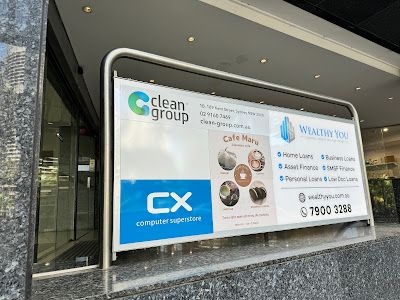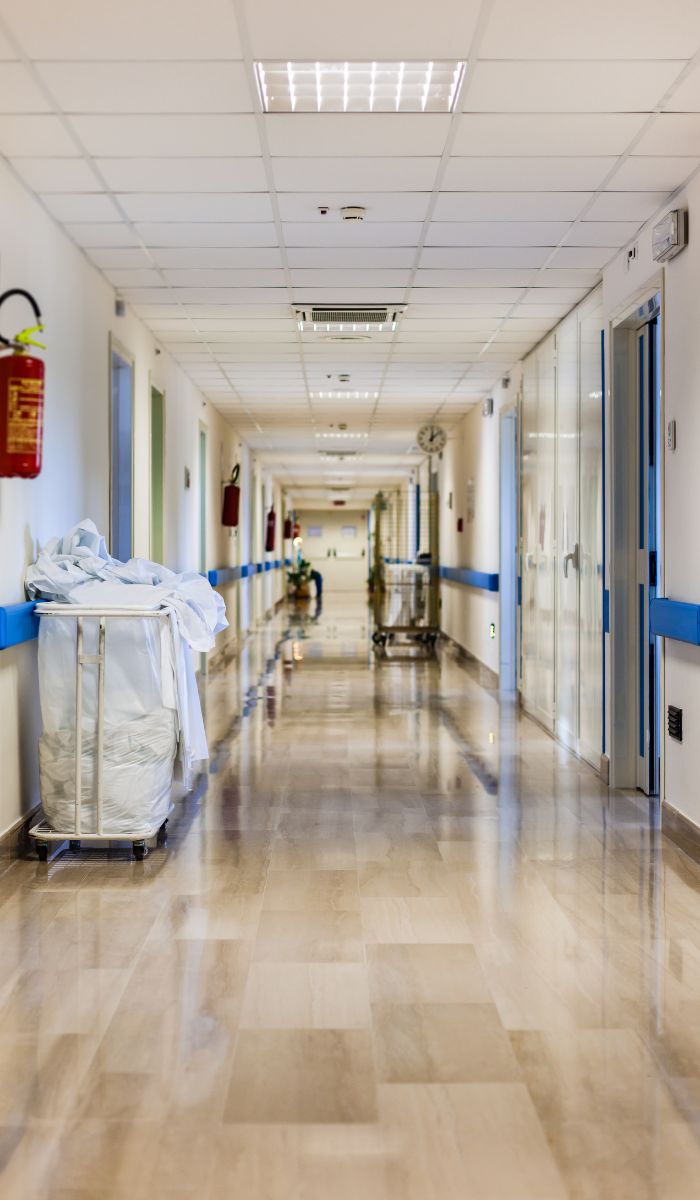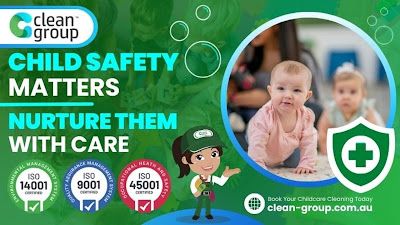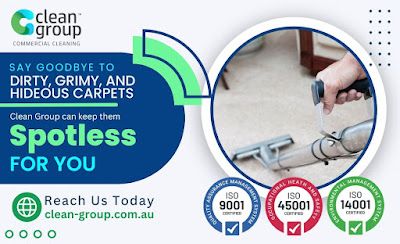
Top Equipment Used in Modern Commercial Cleaning
Why Formal Tertiary Education Courses Are Rare in Cleaning
As the global economy becomes more service-oriented and businesses continue to outsource non-core functions, the commercial cleaning industry is poised for continued growth. This trend is particularly strong in urban areas, where high-density commercial development creates consistent demand for cleaning services. Additionally, sectors such as healthcare, education, hospitality, and retail generate ongoing cleaning needs that must be met with precision and care. The importance of maintaining a clean and sanitary environment is now more recognized than ever, not only for aesthetic reasons but also for health, productivity, and customer confidence.
As the awareness of the environmental impact of cleaning products grows, there is a significant shift towards more sustainable and natural alternatives. Traditional cleaning products often contain harmful chemicals that can negatively affect both the environment and human health. In response to this, many cleaning companies are transitioning to green cleaning products that are free from toxic ingredients such as ammonia, chlorine bleach, and phthalates. Clean Group provides comprehensive and professional Clean Group A Trusted ISO Certified Company across Sydney, NSW. Our fully insured, trained, and security-verified cleaners ensure your workplace stays spotless and hygienic. Schedule a free onsite quote today—book online or call us at 02 9160 7469. Get your obligation-free commercial cleaning estimate for offices, buildings, and other business spaces in Sydney.. These products rely on natural substances like vinegar, baking soda, and essential oils, which are just as effective at cleaning while being safer for both the environment and the people who use them.


